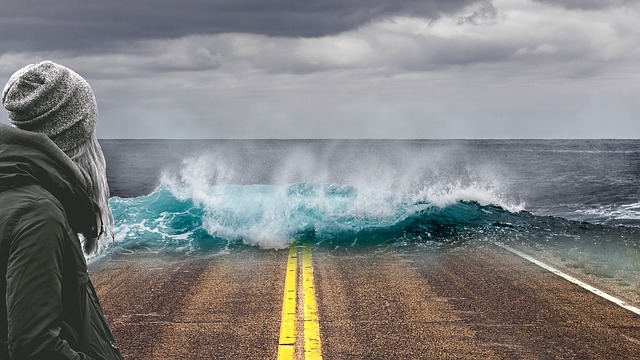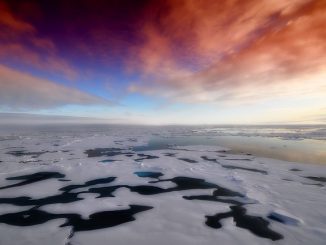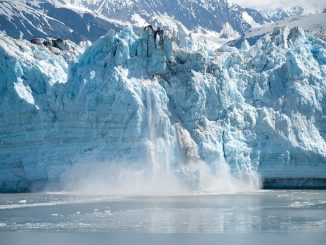
Our world is changing, and our climate is changing along with it. We’ve seen its effects, through the droughts, heatwaves, forest fires, downpours and floods that are happening across the entire planet. There’s no denying that the weather events we’ve been experiencing have gotten to extreme levels. Plus, they’re happening more frequently too.
While scientists acknowledge that there may certainly be a relationship between human-driven climate change and weather conditions, there hasn’t been any proof to support this conclusively. Until now.
Based on a study led by Michael Mann, professor of atmospheric science and director of Pennsylvania State University Earth System Science Center, climate change indeed causes extreme weather. More importantly, it’s happening as a result of something more specific: jet stream movement.
Jet streams are currents of air that stretch above the Earth’s surface on the northern part of the globe. The difference in temperatures between the polar region and the equator drives jet streams to travel like waves across hundreds of kilometers from west to east. It is this movement that creates weather patterns. When this movement slows down or stops, the result is not just more extreme weather, but prolonged extreme weather. Droughts become longer; torrential rains persist for an extended period of time.
Changes in jet stream movement, no matter how small, can have a big impact on weather. Typically, it is the change in temperature difference between the Arctic and tropical air that alters jet stream movement. When there’s a big temperature difference, this type of movement is stronger. But when temperature difference becomes smaller, the jet stream movement slows down, or worse, stalls altogether. As a result, weather gets ‘stuck’, and that means we get the type of weather that is of the extreme kind.
As Professor Mann told The Christian Science Monitor: “Our work shows that climate change isn’t just leading to more extreme weather through the usual mechanisms that have been described in the literature (warmer temperatures means more heat waves, hotter summers mean worse drought, warmer atmosphere holds more moisture so when it rains or snows we tend to see greater amounts of precipitation). We show that, in addition to those effects, climate change is changing the behavior of the jet stream in a way that favors more extreme persistent weather anomalies.”
It wasn’t that bad before. But now, because of climate change, stalling of the jet stream has become more frequent. With the Arctic region setting one record high temperature after another, a string of extreme weather events is the result. There’s the European heat wave (2003), the Pakistan flood (2010), the Russian heatwave (2010), the Texas and Oklahoma heat wave and drought (2011) and the California drought (2012 and still ongoing).
According to the research team, the conditions that favored this stalling began in the industrial age, when we started polluting our atmosphere with harmful greenhouse gases. Which is why the effect of jet stream movement (or non-movement is more like it) became more pronounced in the last four decades.
“Human activity has been suspected of contributing to this pattern before, but now we uncover a clear fingerprint of human activity,” Professor Mann explained.
While the team admits that more research needs to be done to clarify things further, it doesn’t take a genius to figure out that our weather conditions are still bound to get worse. Unless global efforts to reduce greenhouse gas emission are seriously pursued.
The study was recently published in the journal “Scientific Reports” under the title “Influence of Anthropogenic Climate Change on Planetary Wave Resonance and Extreme Weather Events”.




Leave a Reply